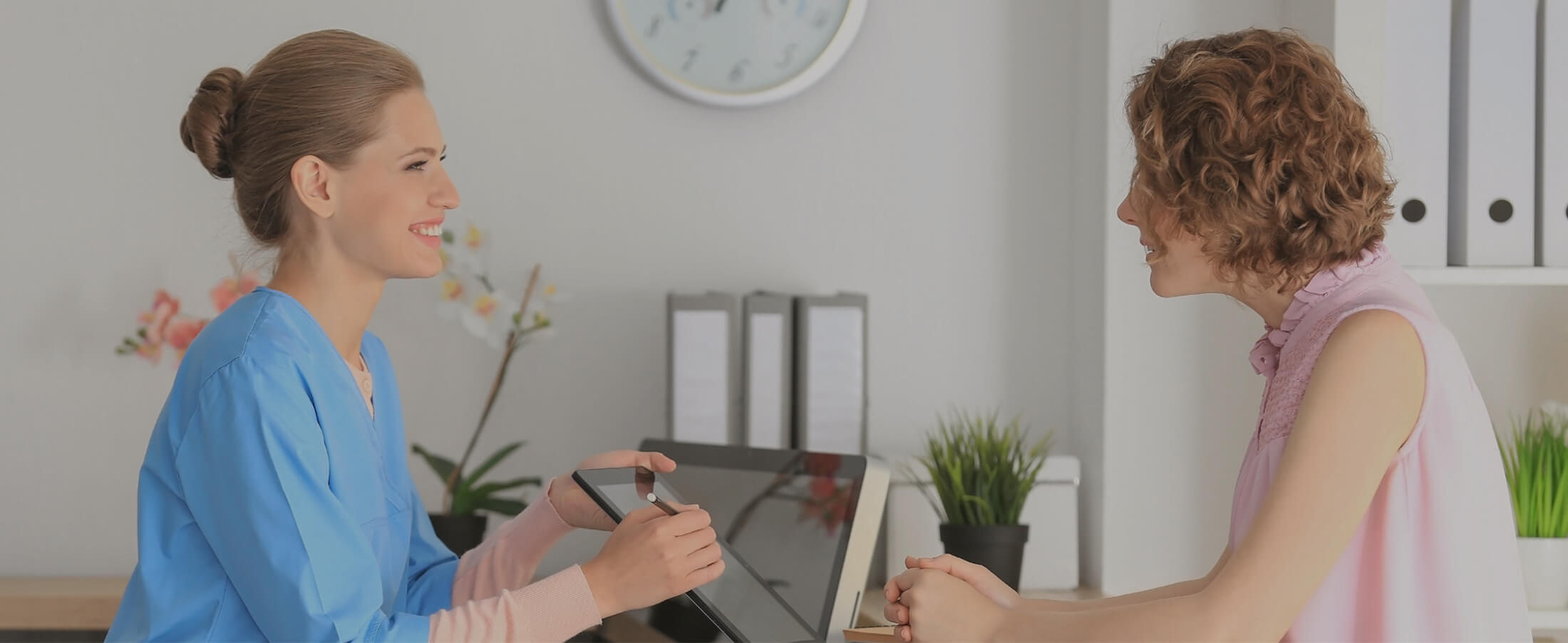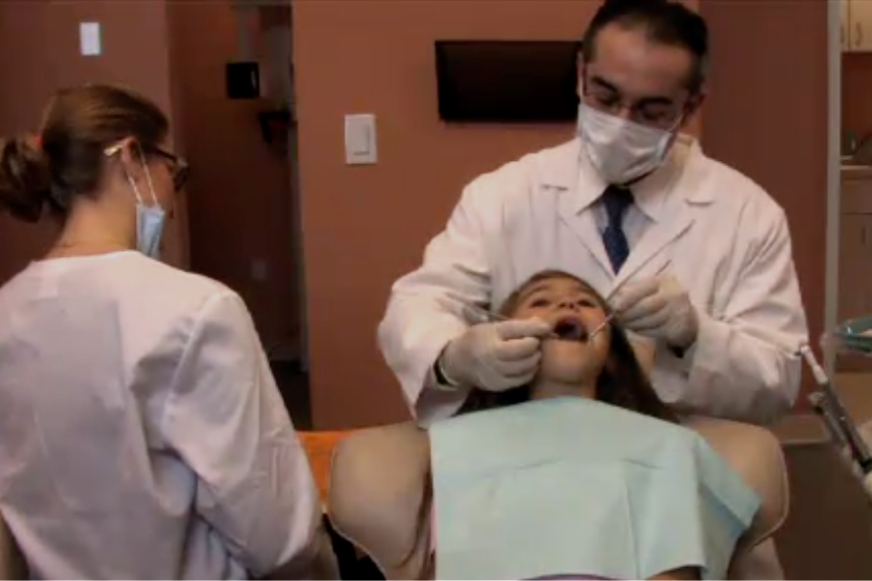
Patient Forms
If you are a new patient to our office, please visit our Patient Forms page to download our new patient bundle with forms that will need to be filled out when you arrive at our office. Printing them, filling them out, and bringing them with you will allow us to attend to your medical needs more quickly than completing them on your arrival. Thank you, and please contact our office if you have any questions at all.
Payment Options
We accept cash, personal checks, money orders, and most major credit cards for your convenience. Payment is expected at the time services are performed. Feel free to contact our office. If your treatment plan requires more comprehensive dental work, and you want to discuss financial arrangements.




Dental Insurance
Please contact our office for Insurance details. We look forward to hearing from you.
Interesting
Dental Websites
In addition to our own website, there are other sites on the Web that provide interesting and helpful dental information. Because we are committed to improving the oral healthcare knowledge of our patients, we provide a selection of links to other sites you might find interesting and informative. To view these visit our Links Page or Click Here
Read more
Educational Dental Videos
For your convenience, we accept cash, personal checks, money orders, and most major credit cards. Payment is expected at the time services are performed. Feel free to contact our office If your treatment plan requires more comprehensive dental work and you want to discuss financial arrangements.
Read more


New Patient Exam
Frequently Asked Questions
Click Here to view some of the most frequently asked questions patients have about dentistry and oral health issues.
Bad breath (halitosis) can be an unpleasant and embarrassing condition. Many of us may not realize that we have bad breath, but everyone has it from time to time, especially in the morning.
There are various reasons one may have bad breath, but in healthy people, the major reason is due to microbial deposits on the tongue, especially the back of the tongue. Some studies have shown that simply brushing the tongue reduced bad breath by as much as 70 percent.
Brushing and flossing help control the plaque and bacteria that cause dental disease.
Plaque is a film of food debris, bacteria, and saliva that sticks to the teeth and gums. The bacteria in plaque convert certain food particles into acids that cause tooth decay. Also, if plaque is not removed, it turns into calculus (tartar). If plaque and calculus are not removed, they begin to destroy the gums and bone, causing periodontal (gum) disease.
Plaque formation and growth is continuous and can only be controlled by regular brushing, flossing, and the use of other dental aids.
If you’re feeling somewhat self-conscious about your teeth, or just want to improve your smile, cosmetic dental treatments may be the answer to a more beautiful, confident smile.
Cosmetic dentistry has become very popular in the last several years, not only due to the many advances in cosmetic dental procedures and materials available today, but also because patients are becoming more and more focused on improving their overall health. This includes dental prevention and having a healthier, whiter, more radiant smile.
You should have your teeth checked and cleaned at least twice a year, though your dentist or dental hygienist may recommend more frequent visits.
Regular dental exams and cleaning visits are essential in preventing dental problems and maintaining the health of your teeth and gums. At these visits, your teeth are cleaned and checked for cavities. Additionally, there are many other things that are checked and monitored to help detect, prevent, and maintain your dental health.
Four out of five people have periodontal disease and don’t know it! Most people are not aware of it because the disease is usually painless in the early stages. Unlike tooth decay, which often causes discomfort, it is possible to have periodontal disease without noticeable symptoms. Having regular dental check-ups and periodontal examinations are very important and will help detect if periodontal problems exist.
Periodontal disease begins when plaque, a sticky, colorless, film of bacteria, food debris, and saliva, is left on the teeth and gums. The bacteria produce toxins (acids) that inflame the gums and slowly destroy the bone. Brushing and flossing regularly and properly will ensure that plaque is not left behind to do its damage.
Let’s Brighten Your Smile!
Please contact us if you have any questions or would like to schedule an appointment.
You may also use our online appointment request form or call
(626) 337-3223 to schedule your appointment.













